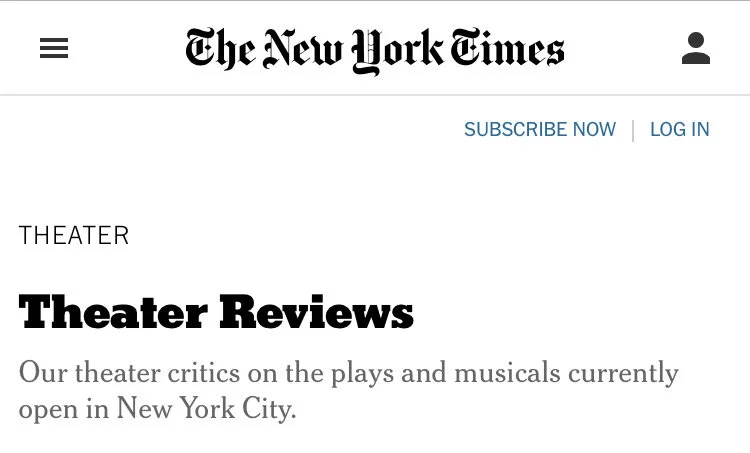It's Critical!
/Lately, I’ve noticed that a lot of people - friends and strangers alike - have been saying something very similar to me as a I talk about productions, performances, or people that I’ve recently seen onstage.
As I’m giving my solicited opinion and actively formulating my thoughts, people keep stopping me to say things like:
You’re choosing your words very carefully.
You can just say what you mean to me.
You’re trying to be so [nice/PC/positive].
This got me thinking about how we, as artists and audience alike, deal with the art of criticism/critique/opinion. I’ll also admit that I recently listened to two interviews with high-profile theatre critics - both of which bothered me in very different and specific ways that I won’t go into here - so this topic hasn’t been far from my mind.
And after last week’s blog post, which was a semi-review of Hadestown, I got a lot of comments from people online and in person that basically said “Thank you for focusing on the good.”
But isn’t this how we should be talking about art?
All of those things above that people have said to me made me react the same way:
“No no no, I am saying what I mean, which is why I’m choosing my words so carefully.” And as for positivity, I think that is important to bear in mind as we critique - why focus on only the negative?
So, what is the best way to give theatrical criticism?
Read More




